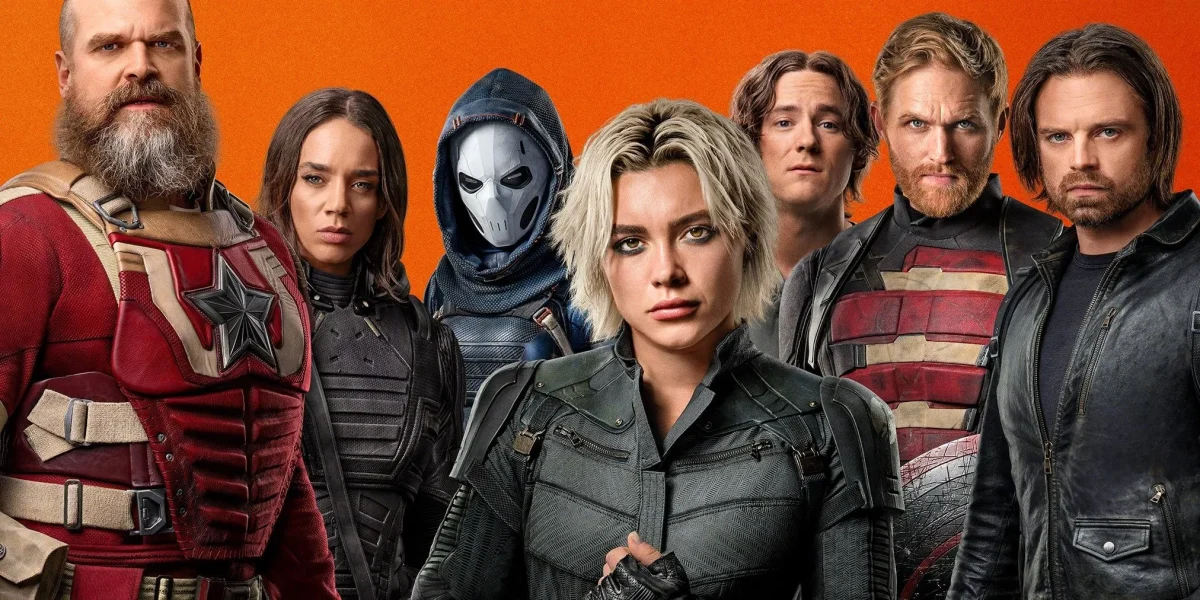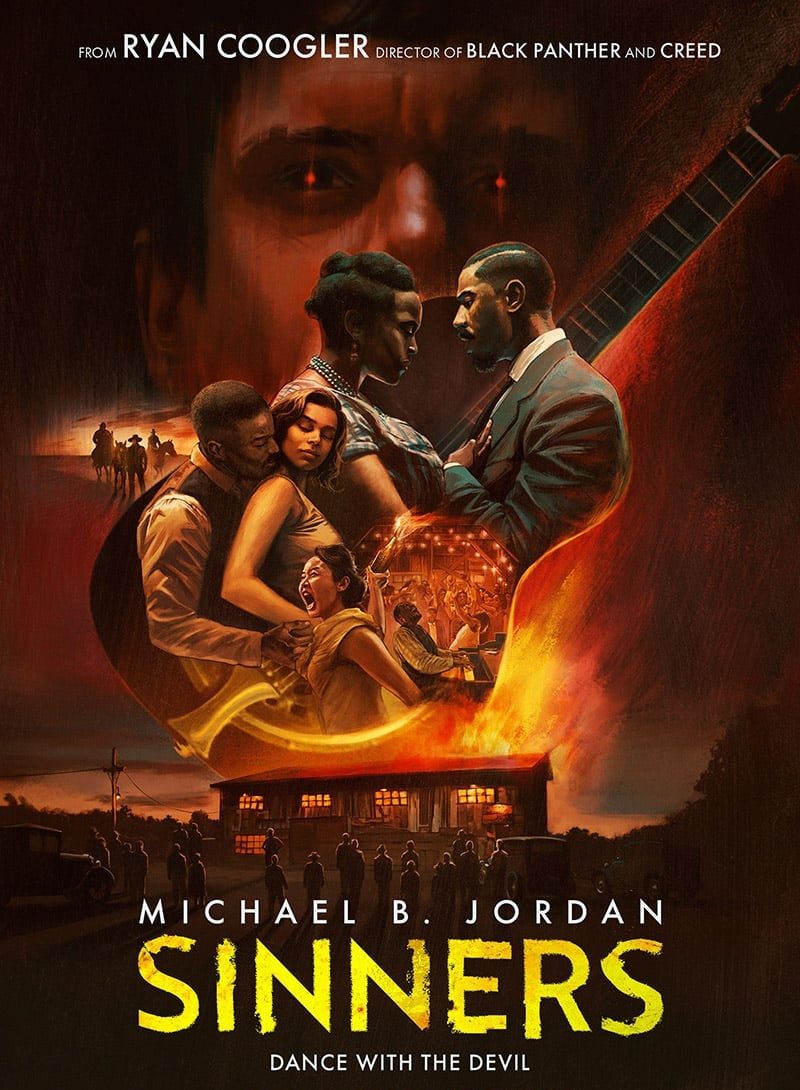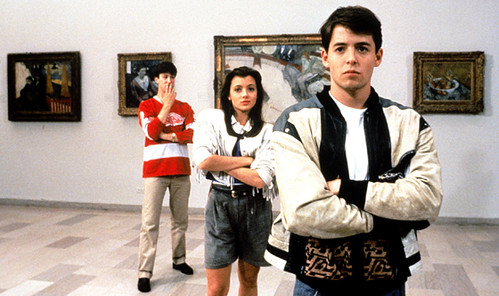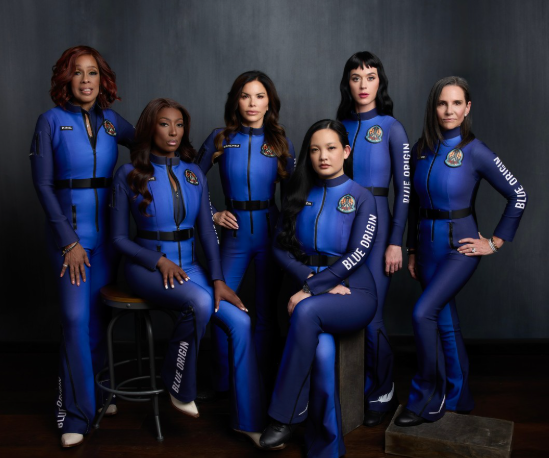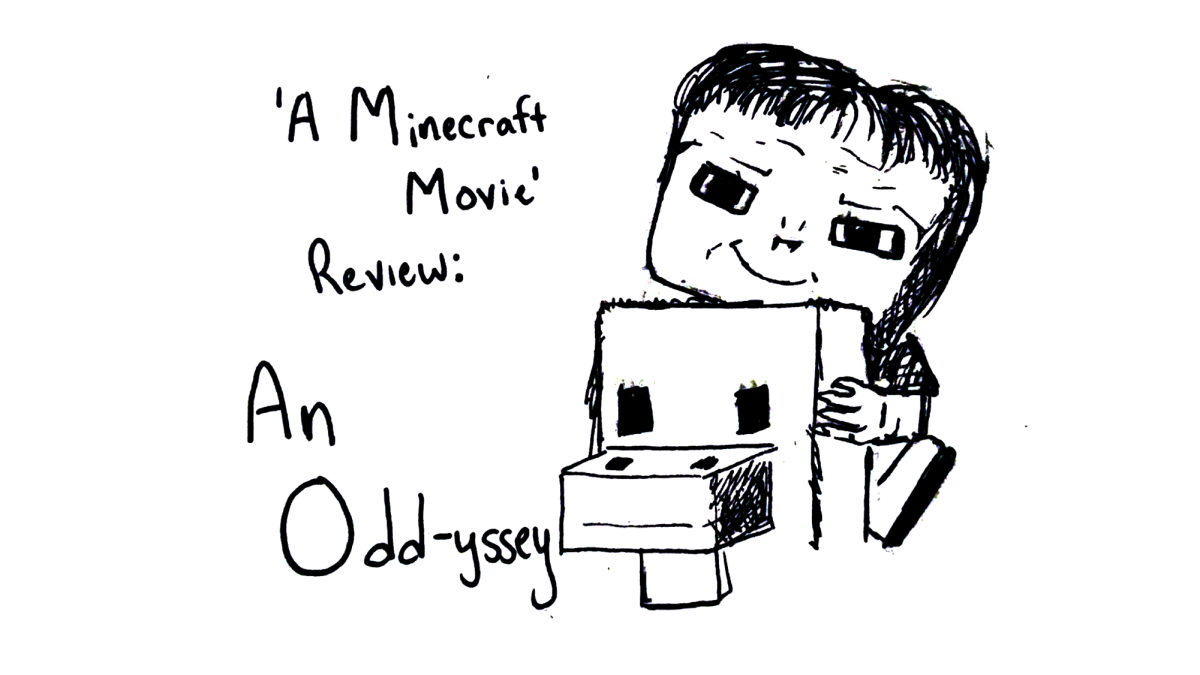On Thursday March 23, the Fifth Annual Disabilities in Film Festival took place at the University. Presented by the Dean for Students and the Seidenberg School of Computer Science and Information Systems, the film marathon was held to celebrate and empower those with developmental and intellectual disabilities.
Organized by James P. Lawler, DPS, Professor of Disability Studies and Information Technologies, the event partnered with AHRC New York City and the ReelAbilities: New York Disabilities Film Festival. AHRC New York is a non-profit organization that provides people with disabilities and their families residential, academic, and occupational services. They also support those they help by encouraging them to get involved in their communities and advocate for themselves. ReelAbilities is a film festival that promotes awareness with movies by and about people with disabilities. Taking place for the ninth year earlier in March, the festival followed screenings with panel discussions led by industry professionals; the Disabilities in Film Festival followed a similar format.
Walking into the Bianco Room, attendees received refreshments and conversed with each other before the event began. While some audience members were Pace faculty and students, most were persons and families that AHRC New York City helps.
The event began with opening remarks by Lawler, DPS and Jonathan Hill, DPS, the Dean of the Seidenberg School. Throughout the night, six short films were screened, including Stutter, Anna, and Children of God. Stutter, directed by Ivo Huahua, is about a father with a stutter who tries to make his son proud by speaking to his class on Career Day. Despite the event’s technical difficulties, the film touched the audience and conveyed the difficulty and frustration of communicating with a speech disorder. It is also important to note that the director, as well as the lead actor, both have stutters.
After his screening, Huahua discussed his film and experience with stuttering with the distinguished moderators and panelists. Speakers included Marijo Russel O’Grady, PhD, Dean for Students, Melanie Greene, Information Technology and Marketing student, and Gary Lind, Executive Director of AHRC NYC, in addition to self-advocates with disabilities and professionals from New York University and ReelAbilities.
Anna, directed by Harriett Maire, is a New Zealand film about a girl on the autism spectrum whose strict routine is interrupted when someone takes her seat on the bus. A simple yet effective film, it sheds light on how everyone on the autistic spectrum experiences their disorder differently.
Children of God, directed by Ahmed Yassin, follows a young Iraqi amputee as he bets his prized possessions on his crush during a boys versus girls soccer match. Reflecting on the negative effects that war has on civilians, the film also shows the struggle of independently moving around and being bullied when appearing differently than one’s peers.
Throughout the panel discussions, some audience members got a chance to speak about their experiences with having disabilities. Several people exclaimed how they related to these films because they represented themselves or their friends. Not used to seeing mainstream media respectfully represent them, two audience members shared their experiences with being bullied and how it is important it is to treat others the way you want to be treated.
The lack of positive media representation was also discussed by one panelist from the New York City Mayor’s Office for People with Disabilities. He spoke about a study conducted by the Ruderman Family Foundation, an association that advocates for inclusion in media, which concluded that 95-percent of characters with disabilities on television are played by able-bodied actors. He continued, “[It] is a problem…I think we have a long way to go but I think that conversations are starting more and more and people want to see people with disabilities in film and television.”
When leaving the event, it was evident that the marathon made the audience feel more validated in their place in society as loveable, intelligent, and capable persons. In the words of student Alexa McKenna, at this festival, people with disabilities “are not bothered or outcast from society…[It] highlights who they are and lets their voices be heard and represented in their own respect.”
There is a lot that we can do to make a difference! Similarly, to last year’s Oscars controversy, we as consumers must speak up about how disabilities are represented and create widespread uproar in order to get the media to change. In our personal lives, we can stand up for persons with disabilities if they are being bullied. We can remove offensive terms from our vocabulary, such as the r-word. We can volunteer at organizations such as AHRC NYC or support and attend events such as ReelAbilities. Also, as a generation in which iPhones and social media are very accessible, we can make our own films about disabilities and post them online.
Regarding University students, the festival also encourages them to inquire about the courses and disability outreach programs that the Seidenberg School offers.
To learn even more about developmental and intellectual disabilities, the organizations involved, and how you can help, please visit www.ahrcnyc.org, newyork.reelabilities.org, or www.nyc.gov/mopd.

Photo courtesy of AHRCNy.com


